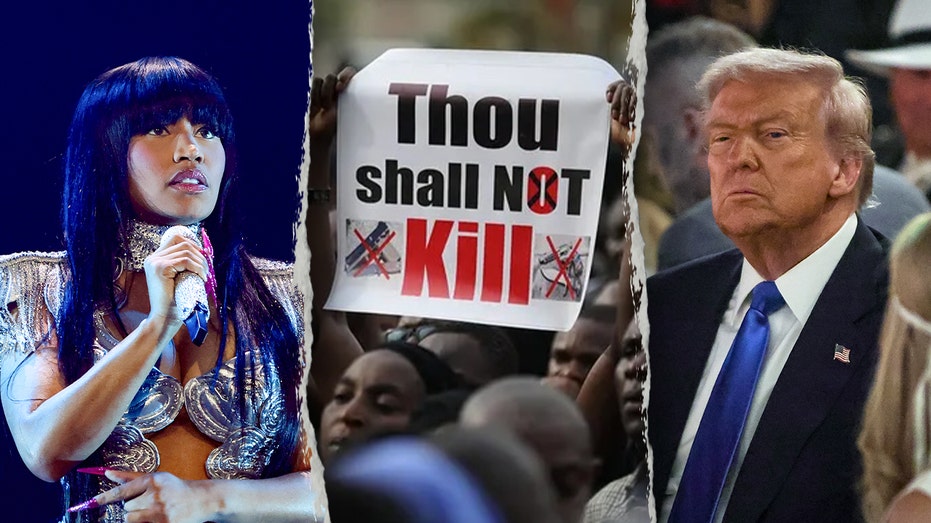The astronomic H-1B visa fee hike President Trump promulgated on Friday has, for now, handed a victory to hardline sections in the ‘Make America Great Again’ (MAGA) campaign. Independent of speculation over the duration of the hike and whether the move can survive legal challenges, the announcement has sown needless confusion around the technology sector. Companies like Microsoft, Amazon, and JP Morgan, among others, are scrambling to provide relevant advice to their employees.
The timing of the decision is especially significant for New Delhi, as the hefty $100,000 application fee for this non-immigrant category visa is expected to disadvantage Indian firms, the predominant beneficiaries of the program. This step comes close on the heels of the doubling of tariffs in late August on exports from India to 50 percent—among the highest in the world—in retaliation against New Delhi’s imports of Russian oil.
Another move that will pile pressure on India is the Halting International Relocation of Employment (HIRE) Act 2025, a private member bill recently tabled in the Senate targeting American firms deploying overseas workers. The bill seeks to impose a 25% tax on businesses for the payments they make to foreign workers for services consumed in the US and to bar companies from claiming tax rebates against such payments. While the measure will wind its way through Congress for several months, it has already raised concerns about potential disruption to India’s $280 billion technology services outsourcing industry.
Concerns over the displacement of domestic workers under H-1Bs predate President Trump’s ascent to the White House, but the issue has acquired enormous resonance in today’s polarized climate of anti-immigration crackdown. Critics argue that the program has been systematically abused on a large scale to replace rather than supplement American workers with low-skilled and low-paid labor.
Friday’s executive order has singled out the influx of Science, Technology, Engineering, and Mathematics (STEM) workers—information technology firms in particular—into the US for exploitation of the H-1B scheme. Commerce Secretary Howard Lutnick is among those adamant that employment opportunities must be opened for highly qualified citizens graduating from world-renowned US universities.
However, Silicon Valley behemoths, heavily reliant as they have been on overseas workers, have balked at the scheme’s critics. Most notable among them is South African immigrant Elon Musk, Tesla chief and President Trump’s biggest election financier, who last year spoke of a tremendous shortage of high-skilled and motivated engineers in the US—remarks that caused an uproar in the MAGA movement.
Whatever the fallout from the H-1B visa action, it is unlikely that President Trump would pause to reflect that he could be shooting himself in the foot. Similar to how worldwide punitive reciprocal tariffs have forced companies to explore relocating their operations to countries with less harsh levies, it is not inconceivable that high-value activities could shift outside the US.
The ongoing policy changes place significant strain on the technology sector and international business relations, particularly affecting India’s vast outsourcing industry. How this will shape the future of U.S. immigration and labor markets remains to be seen.
https://www.freepressjournal.in/analysis/maga-at-the-cost-of-india



